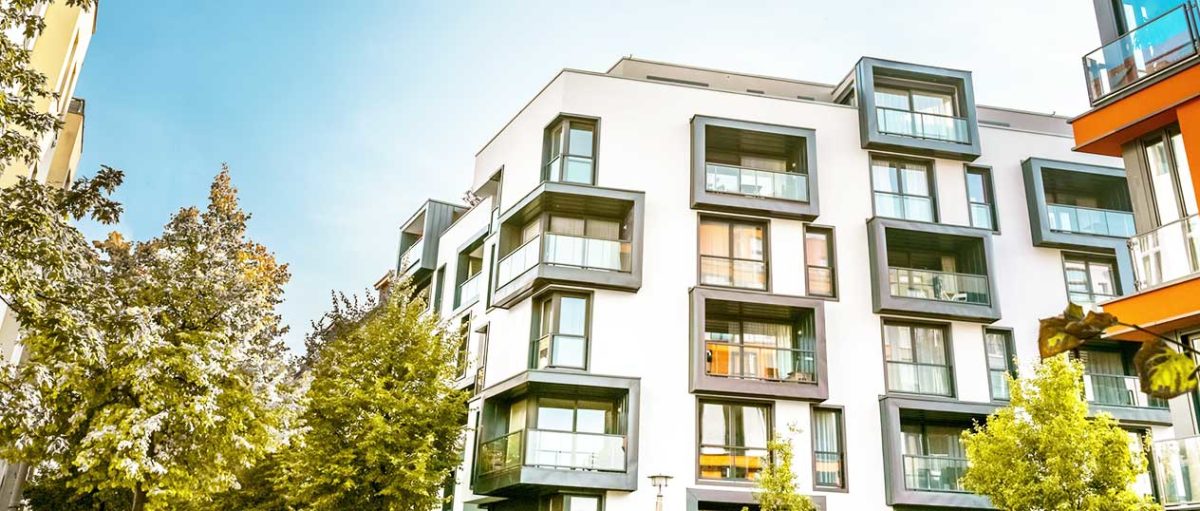Thinking about buying an investment property? Here’s how to start off your career as a real estate tycoon on the right foot.
1. neighborhood watch
One of the most important elements in buying an investment property is the neighborhood it’s located in. The quality of neighborhood in which you purchase your property will not only influence the types of tenants you attract, but your vacancy rate as well. For example, if your property is located near a college, your tenant pool will likely be mostly made up of students and you will probably encounter vacancies during the summer months. The surrounding areas can also offer public amenities that can boost the value of your property. Knowing the neighborhood you’re buying in and planning accordingly is key in owning a successful investment property.
2. beware of property taxes
No matter where you go, taxes will follow. Property taxes are always something to look out for as an investor as you’ll want to know how much money you’ll be losing to them. High property taxes aren’t the worst thing if your property is in a prime location for long-term tenants, but the two don’t always go hand in hand. The municipality’s assessment office will have all the tax information you need on file, but it’s also a good idea to talk to some homeowners in the community before you make a purchase.
3. Check the number of listings or vacancies
Check for other listings and vacancies in the area. If there is an unusually high number of listings for an area you’re interested in, it may be a sign of a seasonal cycle or it could mean that the neighborhood has “gone bad.” Make sure you know which one it is before you buy. You’ll need to know whether you can cover for any seasonal decreases in vacancies or if the neighborhood just isn’t a viable option for an investment.
4. See the future
It’s important to see what the plans are for the area you’re planning on investing in. You can check with the municipal planning department for information on all the new developments that are coming to the area to get a good glimpse of where it’s heading. If you find that a lot of new apartment buildings, business parks, and malls are in the works, it’s a good sign that the community is growing. On the other hand, you’ll want to be wary of developments that could hurt the value of your property such as the loss of activity-friendly outdoor spaces and additional housing developments that could compete with your property.
5. Price check
It goes without saying that rent payments will be the primary source of income from your investment property, so you’ll want to know what the average rent in the area is before you set your price. If the average rent isn’t enough to cover your expenses (mortgage payment, taxes, etc.), there will be no return on your investment and you’ll have to find somewhere else to buy. Make sure you have a good grasp on where the neighborhood is heading because big future developments could mean an increase in not only rent, but property taxes too.
6. Prepare for a big down payment
Mortgage insurance isn’t available for investment properties, so you’ll need at least a 20% down payment to attain traditional financing. And putting even more down can get you a better rate. You’ll want all the help you can get as loan costs are typically higher for investment properties. If you’re serious about real estate investing, start saving up now! And give us a call. We’d love to help you finance your next investment property.
7. Start small
The process of buying, repairing, maintaining, and managing an investment property isn’t one to make light of. It’s a lot of work! So if you’re just starting out, try to avoid buying a major fixer-upper or a large property. Get your feet wet by purchasing a single apartment, condo, or duplex to get used to the work of investing in real estate and figure out if it’s really right for you.
Do you have any additional tips for anyone looking into real estate investing? We want to know! Tell us on social media!





